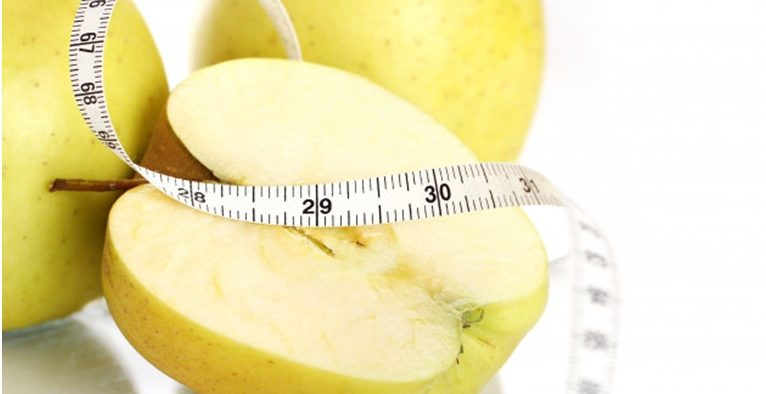Why are vitamins important for bariatric patients?
Share

A patient’s body might not soak up sufficient vitamins and minerals after bariatric surgery. Lasting health complications like anemia could happen because of a deficiency of B12 or iron; neurological complications like memory loss or tetchiness from a lack of B12. Continue reading to know what vitamins should I take for weight loss?
Importance of vitamins
Gastric sleeve surgery in Mexico is all about providing you good health, and a major element of enhancing your health is a proper diet. You have to consider three things (micronutrients, macronutrients, and water) when it comes to a proper diet.
You might be already checking your water consumption and macronutrients such as proteins, fats, and carbohydrates. Vitamins and minerals are micronutrients. You require larger amounts of macronutrients than micronutrients.
After a bariatric procedure like Mexico lap band surgery, you face stomach capacity issues as well as malabsorption. Due to surgical changes to your digestive tract, your body cannot extract all the nutrients it requires from your food.
What are the best vitamins to take after bariatric surgery?
We have made a list of vital nutrients and vitamins that a bariatric patient must take after a gastric sleeve surgery in Mexico.
1. Calcium
The patient should take 1500 mg calcium citrate every day to avoid calcium deficiency and bone ailment. For improving absorption, they need to take calcium supplements in 3 separated doses at 3 different periods a day.
2. Vitamin B12
500 micrograms of vitamin B every day is enough. You can take it as a tablet underneath the tongue or as a monthly injection. B12 also aids the body in making new red blood cells and adds to a healthy central nervous system. A minor vitamin B12 deficiency could have zero symptoms, but if no treatment is offered, it may cause weakness, muscle tingling, light-headedness, etc.
3. Vitamin D
You must take 800 to 1000 international units or IU of vitamin D regularly. This whole amount must be taken as 400 to 500 IU twice every day with your calcium supplement. If you want, you can have a calcium and vitamin D supplement mix as long as it holds the correct dose.
4. Multivitamin
You should take a chewable multivitamin every day that holds at least 18 mg of iron. Kid’s chewable vitamins can be taken too in an adult dosage by taking a couple of tablets each day.


















Social Media